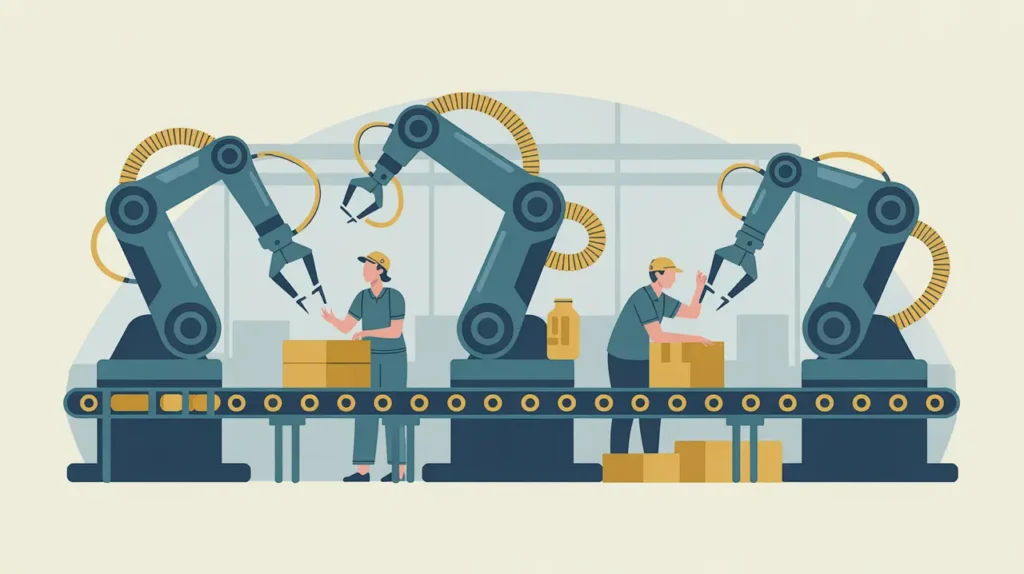Importance of Automotive Manufacturing
Automotive manufacturing is a cornerstone of industrial development, job creation, and technological progress. In international development, the sector contributes to economic diversification, infrastructure growth, and workforce training. For emerging economies, attracting automotive production is often seen as a pathway to industrialization and integration into global value chains. For nonprofits and social innovators, the sector matters because it influences labor rights, environmental sustainability, and the affordability of vehicles that enable mobility, commerce, and service delivery.
Definition and Features
Automotive manufacturing refers to the large-scale production of motor vehicles and their components, from design and assembly to distribution. Its key features include:
- Industrial Scale: complex supply chains with global reach, involving thousands of suppliers.
- Employment Impact: millions of jobs in factories, parts production, and logistics.
- Innovation Hub: advancements in safety, fuel efficiency, and electric vehicle technology.
- Economic Role: a major contributor to GDP, exports, and industrial upgrading in many countries.
How this Works in Practice
In practice, automotive manufacturing clusters often anchor industrial zones, supported by government incentives, foreign direct investment, and infrastructure development. For example, countries like Mexico, South Africa, and Thailand have become global hubs for vehicle production through policies that combine export-oriented strategies with local employment targets. Nonprofits and labor organizations play important roles in advocating for fair wages, safe working conditions, and reduced environmental impact. At the same time, global shifts toward electric vehicles and automation are reshaping supply chains and creating new demands for skills.
Implications for Social Innovation
Automotive manufacturing carries both opportunities and challenges for social innovation. On one side, it can drive industrial growth, create sustainable livelihoods, and accelerate the adoption of cleaner technologies. On the other, it risks reinforcing carbon-intensive economies, labor exploitation, and dependency on volatile global supply chains. For proximate actors, the imperative is to align automotive production with sustainability goals, advocate for just labor practices, and foster innovation ecosystems that distribute benefits more equitably. In doing so, automotive manufacturing can serve as an engine of economic growth and a platform for inclusive and sustainable development.







